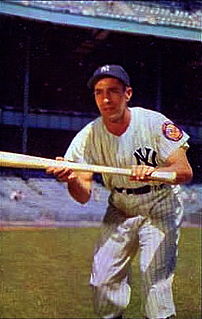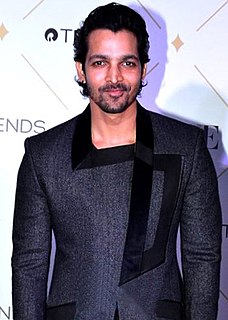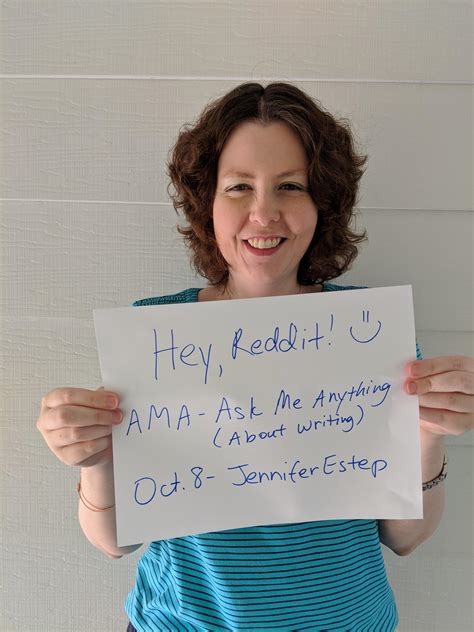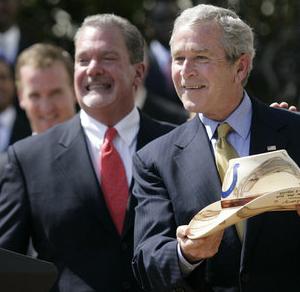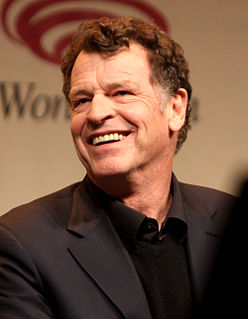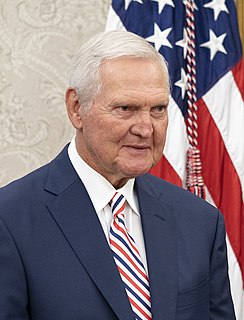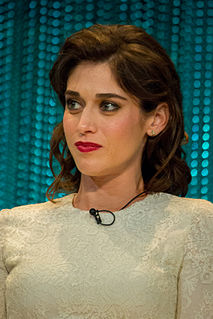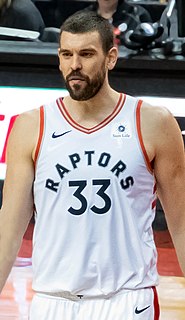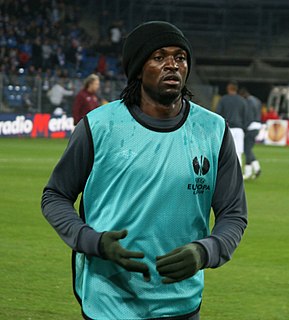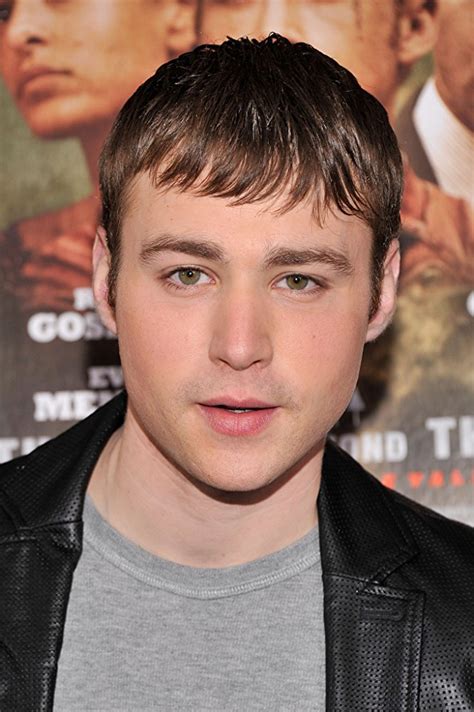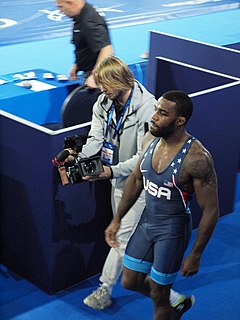A Quote by Don Larsen
When it was over, I was so happy, I felt like crying. I wanted to win this one for Casey. After what I did in Brooklyn, he could have forgotten about me and who would blame him? But he gave me another chance and I'm grateful.
Related Quotes
I'll (Phil Rizzuto) never forget September 6, 1950. I got a letter threatening me, Hank Bauer, Yogi Berra and Johnny Mize. It said if I showed up in uniform against the Red Sox I'd be shot. I turned the letter over to the FBI and told my manager Casey Stengel about it. You know what Casey did? He gave me a different uniform and gave mine to Billy Martin. Can you imagine that! Guess Casey thought it'd be better if Billy got shot.
My father was a doctor, but his passion was making cars, and he was also very good at carpentry. He was a gem, and I don't blame him for not understanding me. When I told him that I would be leaving, he checked his pocket and took out 100-rupee note and gave it to me. He did not like that I was leaving, yet he gave me the money.
I got the feeling Poseidon really didn't know what to think of me. He didn't know whether he was happy to have me as a son or not. In a strange way, I was glad that Poseidon was so distant. If he'd tried to apologize, or told me he love me, or even smiled. it would've felt fake. Like human dad, making some lame excuse for not being around. I could live with that. After all, I wasn't sure about him yet, either.
When I thought I'd killed him, I felt more alone than I've felt in a long time. Like I couldn't stand walking through this city knowing he wasn't in it. Like somehow, as long as he was out there somewhere, if I was ever really in trouble, I knew where I could go and while maybe he wouldn't do exactly what I wanted him to do, he'd keep me alive. He'd get me through whatever it was to live another day.
One thing I've experienced and I feel really grateful for now that I'm on my way out is that I felt that the justices gave that back to me. I really did. You know, of course, you can have some sharp exchanges. That's the nature of the thing, and that's fine. But really in the main I felt like the tone from them was, "Yeah. We may not agree with you, but we're going to have a discussion about this." And it did.
He was magnificent; very clever with outstanding technique. He could pass the ball over five yards or fifty; he could see things to set up other people; he could shoot and he could score goals. If you gave me Paul Scholes and ten others, I would be happy. I would tell them to give him the ball and then we would have a good team.
After the Dance was my first attempt at nonfiction. I'd never really participated in carnival, and I really wanted to go. It sounded like a wonderfully fun thing to do. And I wanted to write something happy about Haiti, something celebratory. And going to carnival gave me a chance to do that, because it is one of the instances in Haiti when people shed their class separation and come together.

